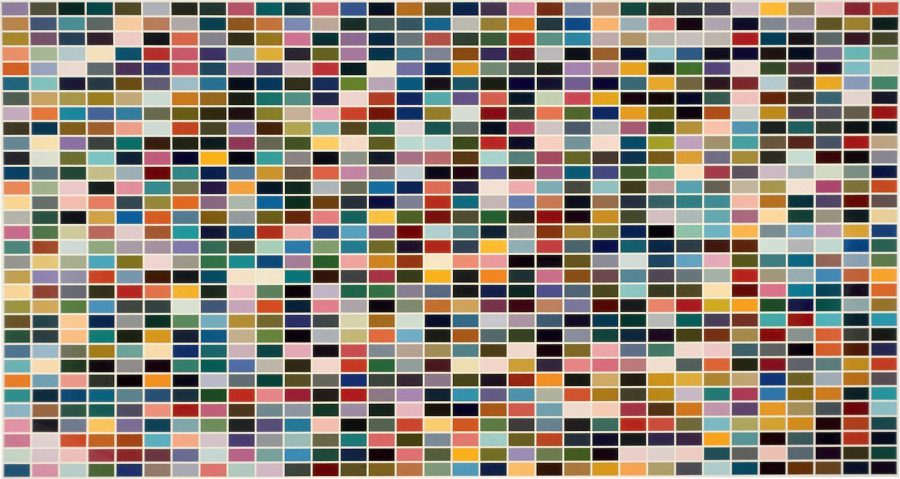n
nn
n
nThe Intro to Tasting Workshop
n
nThe Intro to Tasting Workshop is an information-packed day of tastings, demonstrations, and lectures focused on deductive tasting—the tasting method used in various forms by every wine certification organization. Here’s what I cover during the class day:
n
nn
- n
- Reviewing the proper set up for tasting including lighting, tasting space, and glassware
- Learning the deductive tasting method and grid
- Discovering how to look at, smell, and taste wine in the context of the deductive grid
- Learning glassware stance: the best way to “address” the glass to be able to consistently and optimally smell wine; including glass angle, passive vs. active inhalation, and finding the right starting eye position for smelling wine
- Learning fruit families for classic grapes and wines
- Learning to recognize important non-fruit elements in white and red wines
- Learning about a peer-reviewed scientific definition for terroir–the earth and mineral elements in wine
- How to recognize the structural elements in wine; the levels of acidity, alcohol, and tannin
- Making the best possible conclusion about a wine using the deductive tasting method and grid
- The definition to dozens of wine terms
- How to take concise yet accurate tasting notes
- A strategy for focus and concentration when tasting
- A strategy for olfactory and palate memory
nn
nn
nn
nn
nn
nn
nn
nn
nn
nn
nn
nn
n
nThe Intro to Tasting Workshop is open to anyone. If you’re just getting into wine, this class is the best possible way to get started on the right path. If you’re studying for the WSET or other wine exams, the material we cover will be a huge benefit to your studies and success with exams. I’ve always thought that a single session with the right teacher can make a huge difference in one’s knowledge and skills. This is definitely that class.
n
nAdvanced Tasting Workshop
n
nThe Advanced Tasting Workshop takes the deductive tasting process multiple steps further and introduces vital concepts that every professional simply must learn to be a proficient taster. The class is also a one-of-a-kind in the industry in that it combines these two upper level concepts with several strategies from my tasting project that are taught nowhere else. Here’s what I cover during the class day:
n
nn
- n
- Learning about the concept of “Cause & Effect,” the reasons why any wine looks, smells, and taste the way it does
- How to connect the dots between “Cause & Effect” and wine quality
- Applying “Cause & Effect” to the deductive tasting grid
- Learning the concept of “Impact Compounds,” the small subset of aromas and flavors that are key in identifying classic grapes and wines. Learning to recognize these compounds is vital to anyone becoming a professional taster and equally important for success in upper level tasting exams
- Keying in on common challenges for tasting students: oak vs. no oak in white wines, phenolic bitterness vs. used oak in white wines, and earth/mineral vs. no earth/mineral in both white and red wines
- Examining the most common wine faults, how to identify them, and how important context is to certain wine faults
- The definition to a myriad of advanced wine terms
- Learning how to use an internal visual cue to accurately and consistently assess the structural elements in any wine—the levels of acidity, alcohol, and tannin
- Using internal images and submodalities for improving olfactory and palate memory
- Strategies for confidence in taking exams
nn
nn
nn
nn
nn
nn
nn
nn
nn
n
nWhere the Intro to Tasting Workshop helps set a baseline of wine knowledge and tasting, the Advanced Tasting class is all about optimizing everything you do as a taster. The class is open to anyone, but I strongly recommend taking the Intro to Tasting Workshop as a prerequisite. That’s because the Advanced tasting Workshop offers a remarkable amount of information in just one day.
n
nInformation about the Intro to Tasting Workshop can be found here:n
nn
n
nn
nn
n
nnn
